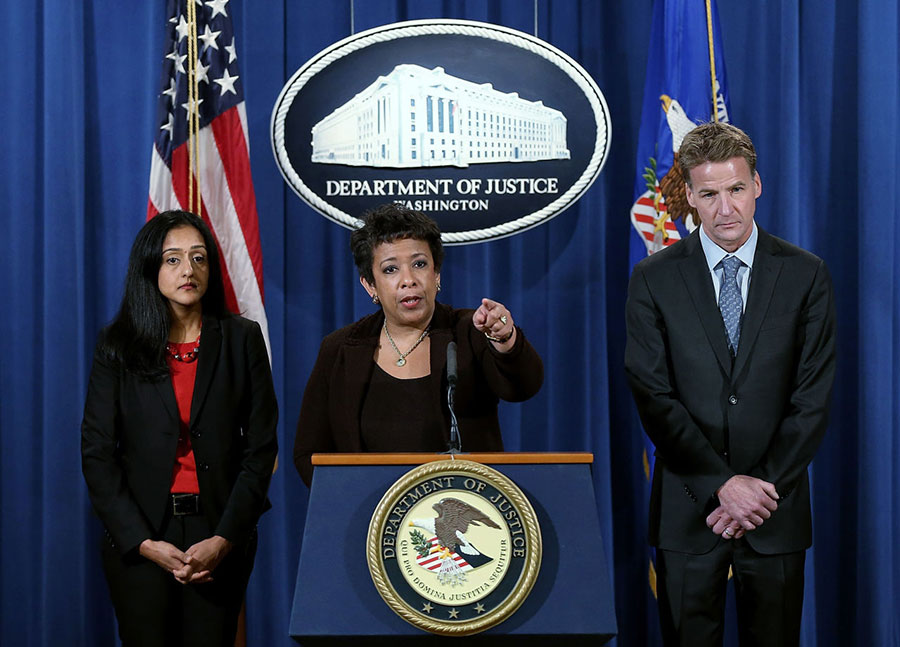The U.S. Department of Justice determined through an investigation that Chicago police officers violate the rights of detainees by using excessive force, mainly due to the deficient training of its officers.
U.S. Attorney General Loretta Lynch stated that evidence was plenty regarding the source of Chicago’s police force patterns in abuse of force, especially when working on Chicago’s South and West districts, whose population is predominantly black.

“With this announcement, we are laying the groundwork for the difficult but necessary work of building a stronger, safer, and more united Chicago for all who call it home,” stated Attorney General Loretta E. Lynch according to the Department of Justice press office.
Investing police brutality, at long last
For the investigation, officers of the Department of Justice met with officers of all ranks of the Chicago Police Department, while also joining them on over 60 turns. They also heard the accounts of over 1,000 community members and 90 organizations.
The DOJ looked through the documents, reports and investigative files of all incidents that occurred between January 2011 and April 2016, taking into account the hundreds of incidents that required an additional use of force.
Already having established a pattern of practice of unconstitutional force, the DOJ found that the trend is due to pronounced deficiencies in how the incidents are investigated and how officers are supervised.
They also suggest that communities are not informed of guidelines followed by officers, while also undermining safety guarantees for police officials as they expose themselves to dangerous situations.
This has opened the path for racially discriminatory conduct, displaying deficiencies in the Chicago Police Department training practices, ending up in the use of unreasonable force against black and Latino suspects.
The CPD agreed that it would comply to a general framework overhaul, performed by an unbiased monitor. Also, community input will be sought to perform comprehensive and binding reforms. The DOJ will continue to contact local authorities and citizens to gather information about the main problems that befall on the city of Chicago.
“Today is a moment of opportunity, where we begin to move from identifying problems to developing solutions. I know our findings can lead to reform and rebuild community-police trust because we’ve seen it happen in community after community around the country over the past 20 years,” stated Principal Deputy Assistant Attorney General Vanita Gupta, director of the Civil Rights Division, according to the Department of Justice press office.
According to the DOJ, the CPD’s leadership remained open and receptive to the investigation and have already started to implement reforms. One of the first steps was to create the Civilian Office of Police Accountability, which is expected to help maintain transparency of police activity by demanding the public release of audio and video material that could help certify investigations concerning the misconduct of police officers.
The CPD is also expected to join the data-based Violence Reduction Network, which delivers strategic and technical assistance to train officers and analyzing high-crime neighborhoods.
Source: U.S. Department of Justice
